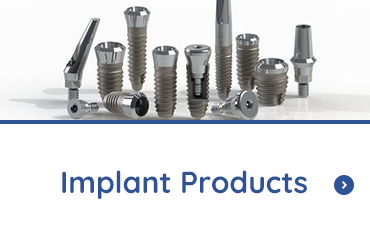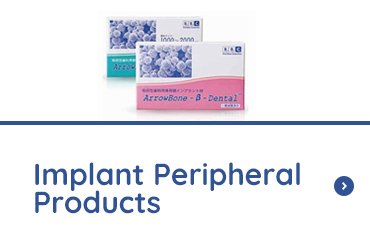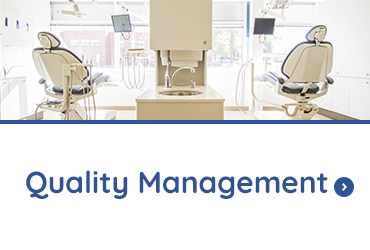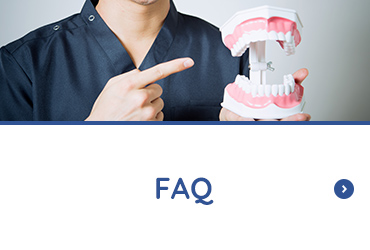From now on, only use absolutely problem-free implants!
- Implant surfaces blasted using hydroxyapatite (HA) / tricalcium phosphate (β-TCP) powder
- Materials reinforced by forging Class II high-density titanium instead of class Ⅳ
Nearly a guater of a century has passed since implants first began to proliferate in Japan. Their spread, however, has currently stagnated, and the main reason for this is implant-related problems. There are a variety of causes for these problems, but the most common is dislocation and damage due to peri-implantitis (inflammation around the implant). In many cases, peri-implantitis is due to insufficient oral care on the part of the patient, but it is also said to be influenced by difficulties in cleaning due to the shape of the prosthesis. Then this peri-implantitis along with micro-movements and stress deviations caused by occlusal force due to tilted insertion of implants leads to implant fracture.
Therefore, while it is of course important to prevent implant problems in advance, it is necessary to reduce occurrences of problems through superior implant functionality.
As such, it is first necessary to make use of reinforced class II high-purity titanium to strengthen the implant itself. (While class IV is stronger, it is also less purity, and thus, provides inferior integration.)
Furthermore, the surface of the implant itself must be blasted using HA/TCP, which possess bone conductivity capabilities. (Coatings that are easily infected by bacteria should be avoided.) These two innovative technologies enable the creation of implants that are particularly resistant to problems. Please be sure to contact us for details.







